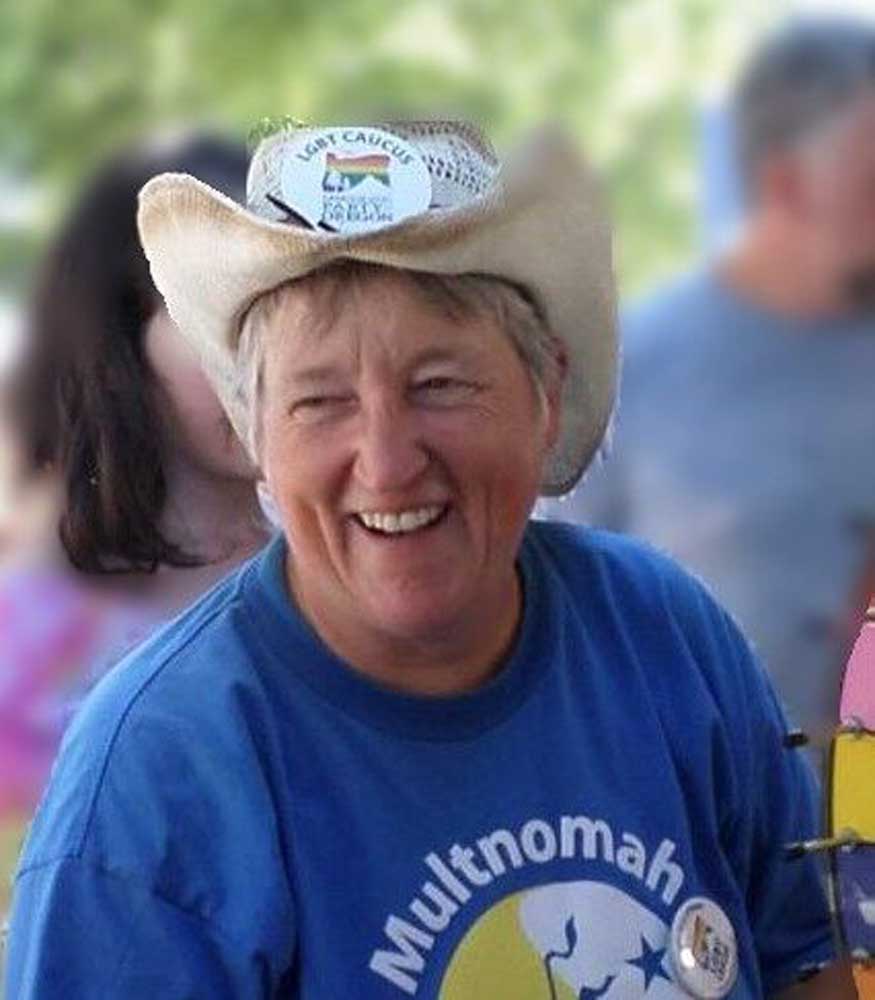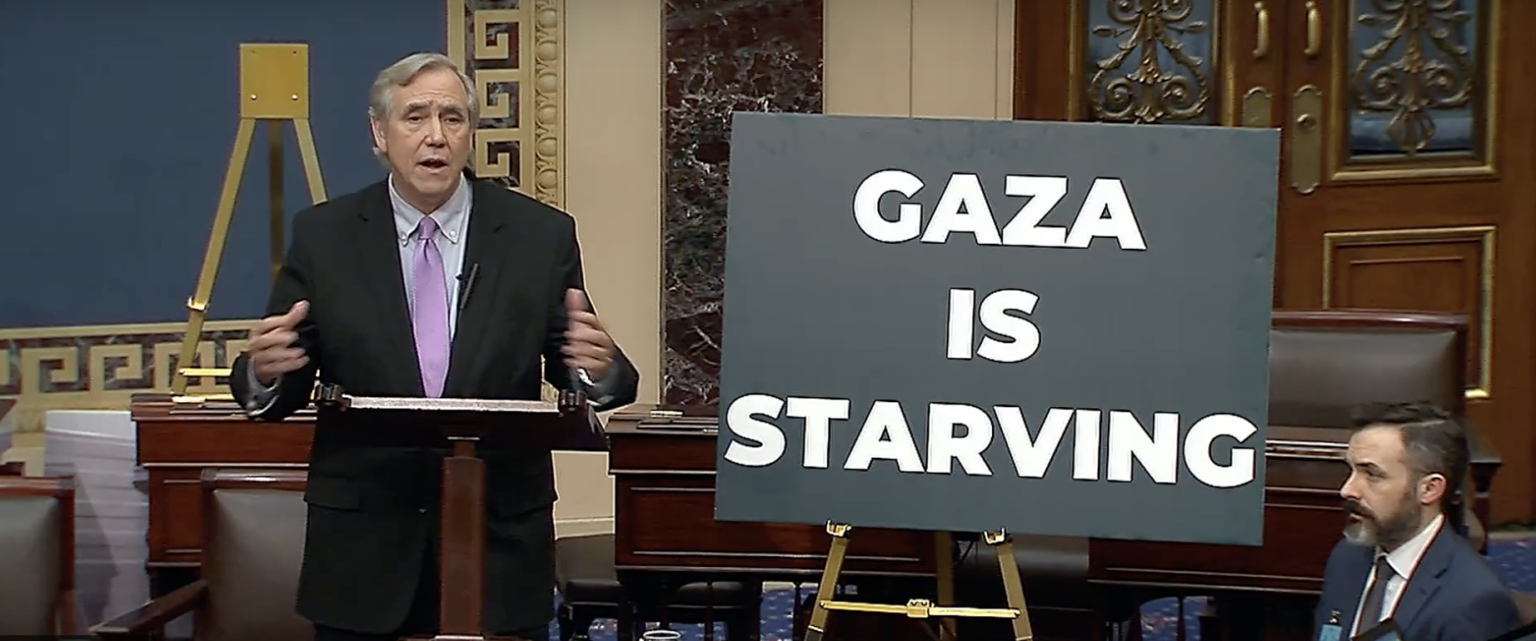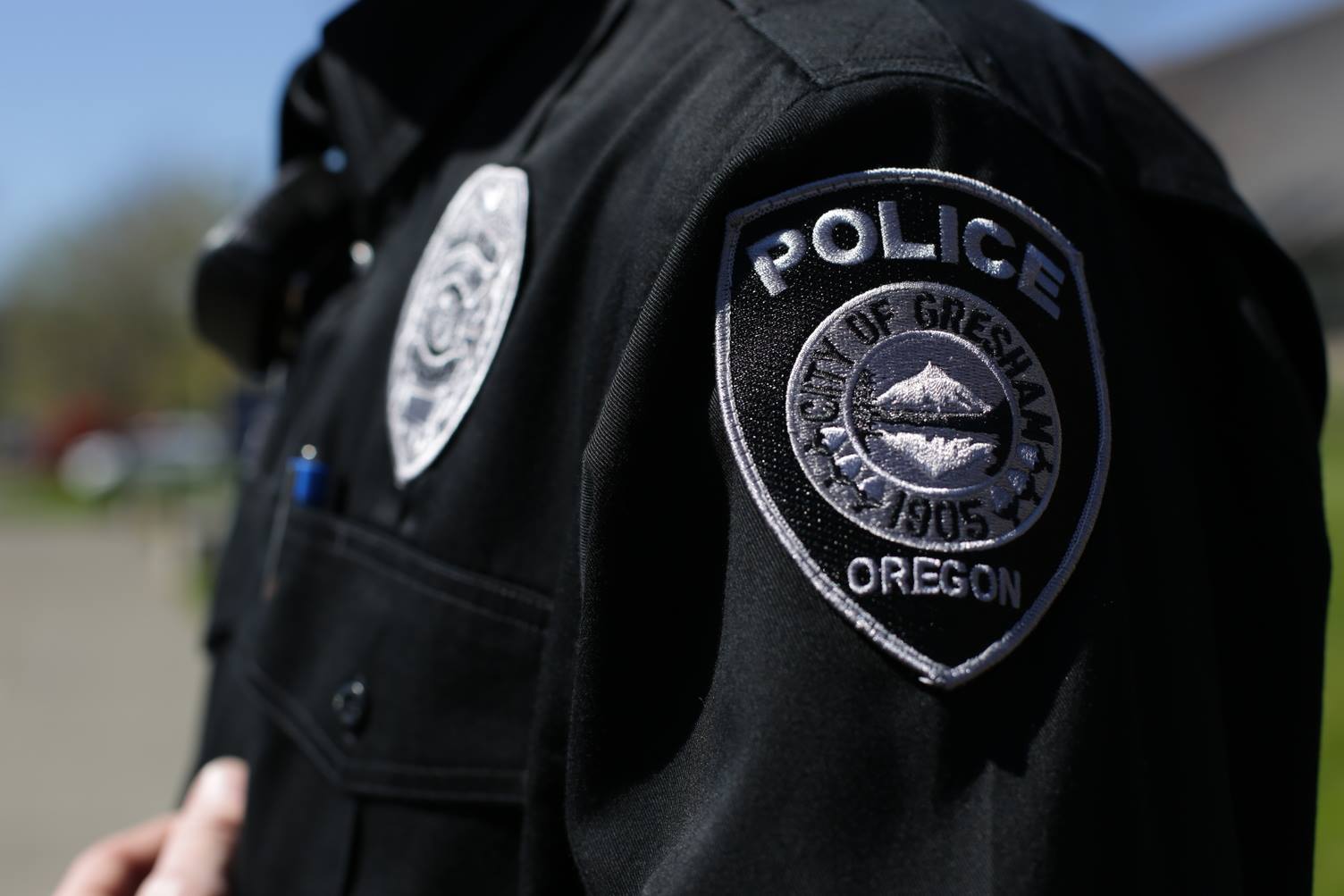Opinion: Federal act to protect LGBTQ youths could do exact opposite
Published 5:00 am Wednesday, February 5, 2025

- HANSON
As Congress debates how to protect young people online, lawmakers are dancing with a crucial reality: badly designed legislation can harm the very people it aims to protect.
Trending
The Kids Online Safety Act (KOSA), despite its well-intentioned goals, threatens to shut down vital online spaces that serve as lifelines for marginalized youths.
As KOSA supporters trumpet online safety, the dark side is that LGBTQ kids are targets for the GOP across the country. Given the recent explosion of anti-trans executive orders flying from the White House, it’s not unimaginable that GOP legislators see KOSA as an opportunity to don a pro-kid cape while simultaneously blocking critical lifelines for LGBTQ youths.
Therefore, it’s essential that we ensure that a new version of KOSA does not multiply the damage the Trump administration and so many state lawmakers are already inflicting on LGBQ and especially trans youths.
Trending
KOSA works through a set of “duty of care” provisions, which would pressure platforms to over-moderate content, potentially blocking access to essential positive resources. KOSA’s broad mandates would force platforms to make impossible choices about what content to allow. To avoid legal liability, they would likely err on the side of excessive content removal. For LGBTQ+ youths who may lack acceptance in multiple areas of their lives, these digital spaces aren’t just social networks — they’re crucial sources of information and community. An estimated 70% of LGBTQ+ kids report finding online spaces affirming and supportive.
Now that federal anti-LGBT policies are blanketing the entire nation, it’s more important than ever that we ensure those kids retain access to good information and support networks.
But opposing KOSA doesn’t mean accepting the status quo. Exposure to malignant content especially impacts LGBTQ kids, who have higher rates of depression and anxiety and self-report that anti-LGBTQ policies increase their levels of stress. LGBTQ kids contemplate suicide at four times the rate of their straight peers — that’s 44% for all LGBTQ kids and 54% for trans or non-binary youths, while the majority of LGBTQ kids who want mental health care are unable to access it.
We need smart, effective solutions that protect all young people from damaging online content while preserving access to valuable online resources. One solution may be found via app store-level controls, rather than forcing platforms to censor content.
An app store solution could provide consistent standards nationwide, overriding the current patchwork of confusing state regulations, many of which already have severely limited kids’ access to positive LGBTQ content. And importantly, unlike KOSA’s invasive content restrictions that could expose private online activities, app store verification preserves young people’s privacy once access is granted. LGBTQ+ youths who aren’t ready to come out could still access supportive resources without fear of being outed by platform notifications or content warnings. Most importantly, it would focus on access management rather than content restriction, preserving the valuable resources and communities that many young people rely on.
Having led the Democratic Party of Oregon, I understand the importance of having authentic dialogue and building consensus around solutions that work for everyone. We can all agree that protecting kids online is essential. However, how to achieve it is incredibly complex and merits attention from all of us. While I see the benefits of the App Store solution, it’s essential that marginalized kids, those already most vulnerable to online bullying and abuse, have access to safe havens. It’s also critical to provide lifelines to LGBTQ kids whose home environments are unsafe.
Let’s keep talking about how to protect our kids, and still allow them access to critical online resources, especially as the White House is trying to erase the very identities of those most vulnerable kids who most need those resources. For some kids, accessing an online community may literally be a life-preserver. They don’t need a still unready KOSA to yank that life-preserver away.







